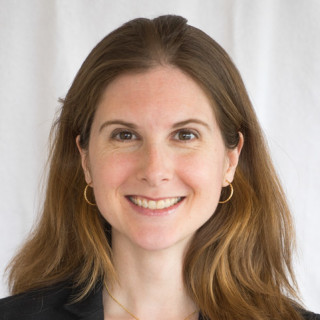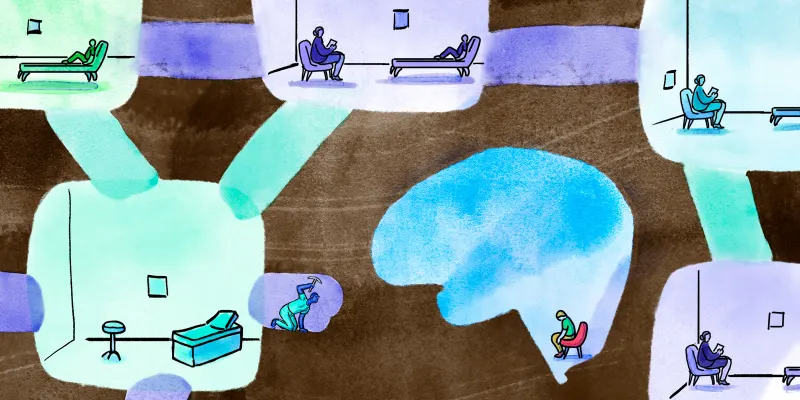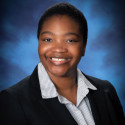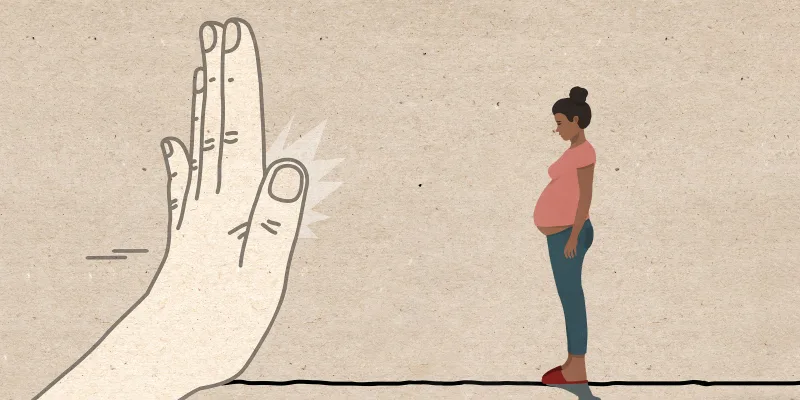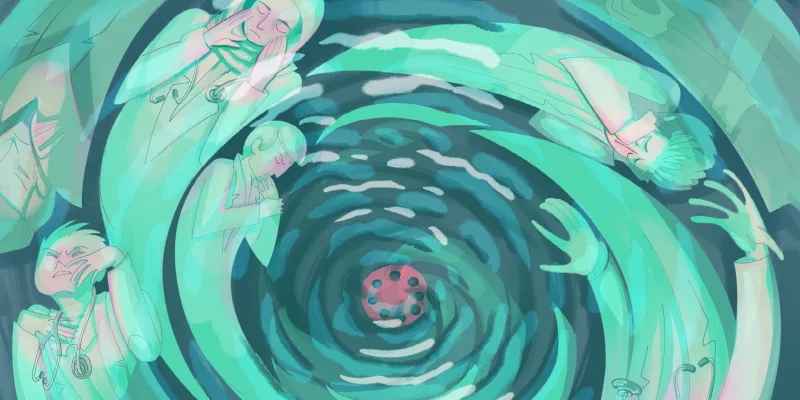
I was 18 hours in to a 28-hour call in the PICU. There were finally no pending admissions and the PICU fellow had invited me to “lie down for a little bit.” I felt giddy with excitement as I scrolled through the vitals and ins and outs one last time. No red flags. I headed down the hall to the call room.
I lined up my supplies on the twin bed right next to the pillow: my pager, the team mobile phone, the other team’s mobile phone, and my cell phone with the volume on high so I could hear messages from the nursing staff.
I left my sign-out sheet on the bedside table. At this point in the shift, it was coffee-stained, creased, and filled with barely legible scribbles — “Large BM status post enema” in the space I had allotted for updates for bed three, “Weaned high flow O2 from 10 liters to 8 liters at 20:00” for bed 16. The sheet was a precious record of my day thus far; misplacing it would wreak havoc. After some deliberation, I refolded it and placed it in the pocket of my fleece emblazoned with my hospital logo. I left the lamp by the computer on. I didn’t want to get too comfortable — too comfortable could be dangerous for patient care.
I slipped out of my clogs and turned off the overhead light. I slid my swollen feet under the single sheet and savored the feeling. Before closing my eyes, I realigned my devices on the bed next to me, making sure they were all accessible and on.
I woke up to one of the portable phones ringing. I answered the phone in the semi-dark and sat up in bed, unsure how much time had elapsed.
“Hi, it’s Phoebe in the PICU,” I said.
It was Ellen, one of the nurses on the unit.
“The mom for bed 12 is requesting an abdominal ultrasound. I think he’s okay. I mean, I don’t know why she’s requesting an abdominal ultrasound for him — seems a bit much. Nothing’s changed on the exam. That kid needs to have a BM.”
I mentally reviewed the patients I had seen during night “walk-through” rounds with the fellow and attending. Bed 12. That was the 4-year-old boy with cerebral palsy, a gastrostomy tube, and trach/vent dependence, wasn’t it? I had been by earlier to assess him after an episode of vomiting.
I muttered affirmation, “An ultrasound? That’s odd. The exam is okay? Do you need me to come take a look at the patient?”
I closed my eyes, hoping she would say no. I was delirious with exhaustion, thinking of nothing other than drifting off.
“No, I think he’s good for now,” she answered.
I breathed a sigh of relief. “Thanks Ellen. Call if you need me.”
I placed the phone back in its nook on the bed next to me and buried my arms under the sheets.
The phone rang again, waking me from a dream. It was Ellen.
“The mom for 12. She’s asking to speak with you about the ultrasound and why we’re not doing it.”
She must have sensed how disoriented I was as she continued, “Remember? I called you about this a little while ago.”
I flipped on the overhead switch and tried to will myself awake. I crammed my pager and phones back in my pockets and put on my shoes. Room 12 was just around the corner. But when I arrived at the door, I realized I had been mistaken before and this was not the room of the trach/vent dependent 4-year-old. Another patient was here — Samuel, a third-grader with sickle cell disease, admitted to the ICU for management of acute chest syndrome. I had a sense of dread. What had I missed?
Samuel was sitting up in bed watching Spongebob on TV, nasal cannula in place. Still at 1 liter of oxygen and in no acute distress, thank goodness. I palpated and percussed his belly, thinking about all of the frightening things that could be going on, and what I would say to his mother. Could this be hepatic sickling? Cholecystitis? Severe constipation secondary to the opioids he had been receiving?
While his abdomen was mildly distended, his exam was reassuring overall. His liver was not enlarged. He had normal bowel sounds. He was non-tender to palpation in all four quadrants. I shared my thoughts with his mother, who was sitting up in the portable cot next to Samuel’s hospital bed.
“We’ll keep an eye on his belly,” I said. “Right now, I don’t think there’s anything to worry about, or any reason to do imaging. I’m sorry I didn’t come by sooner.”
I stepped out of the room, exhaled deeply, and pulled out my wrinkled sign-out sheet to jot down notes. I thought back over the events of the morning, and how in the fog of sleep deprivation, I had both mixed up patients and exhibited questionable medical judgment.
But there was no time to process this now. It was 5:45 a.m. — only one hour to go before the arrival of the day team and the promise of a fresh cup of coffee.
Phoebe Prioleau, MD, is a third-year pediatrics resident at UH Rainbow Babies and Children’s Hospital in Cleveland, OH. Before medical school, she pursued graduate studies in French literature and art history and has published creative work in Doximity, The Living Hand, Annals of Internal Medicine, and The Journal of Medical Humanities, among other places. She has no conflicts of interest to disclose. Phoebe is a Doximity 2019-2020 Fellow.

